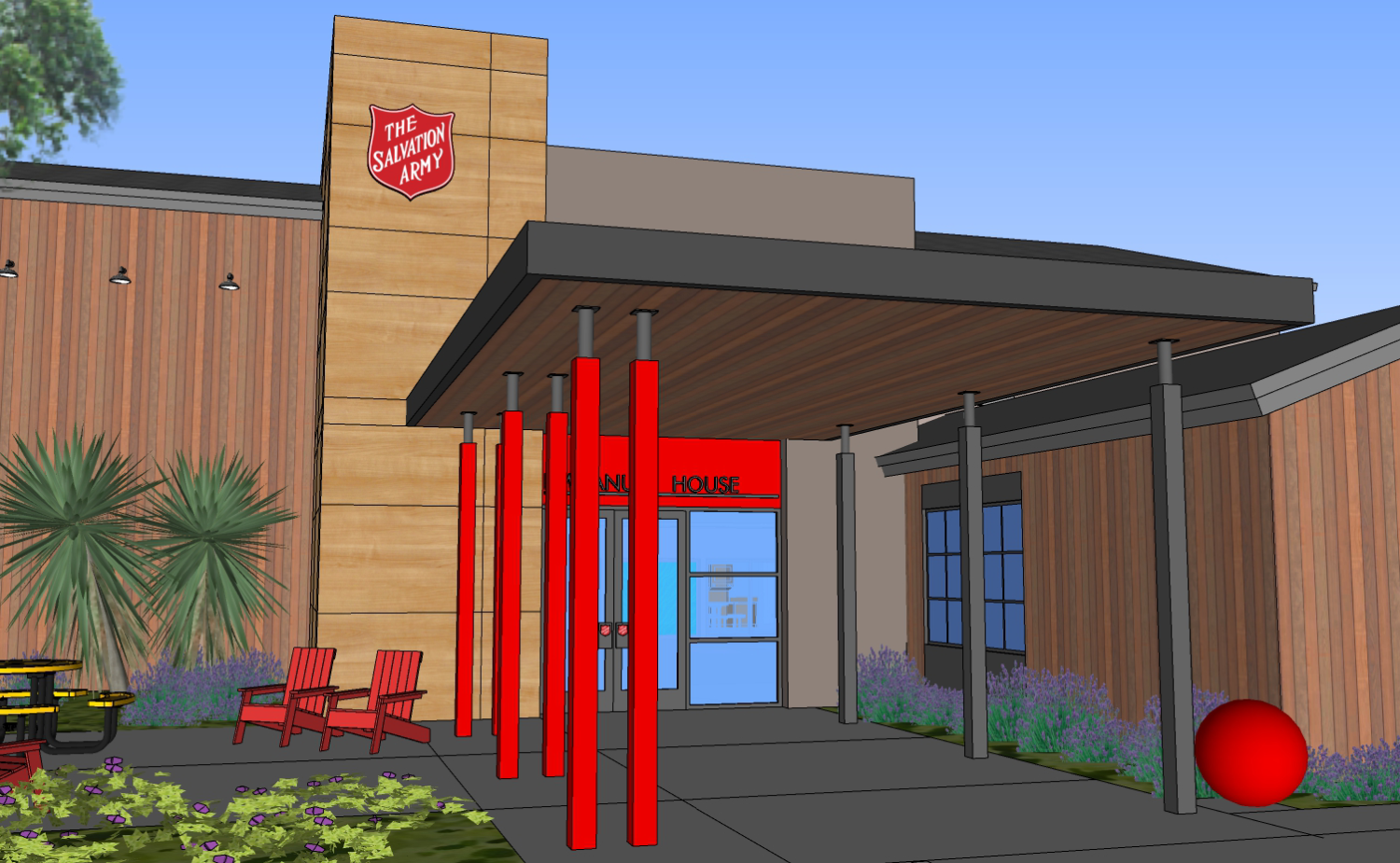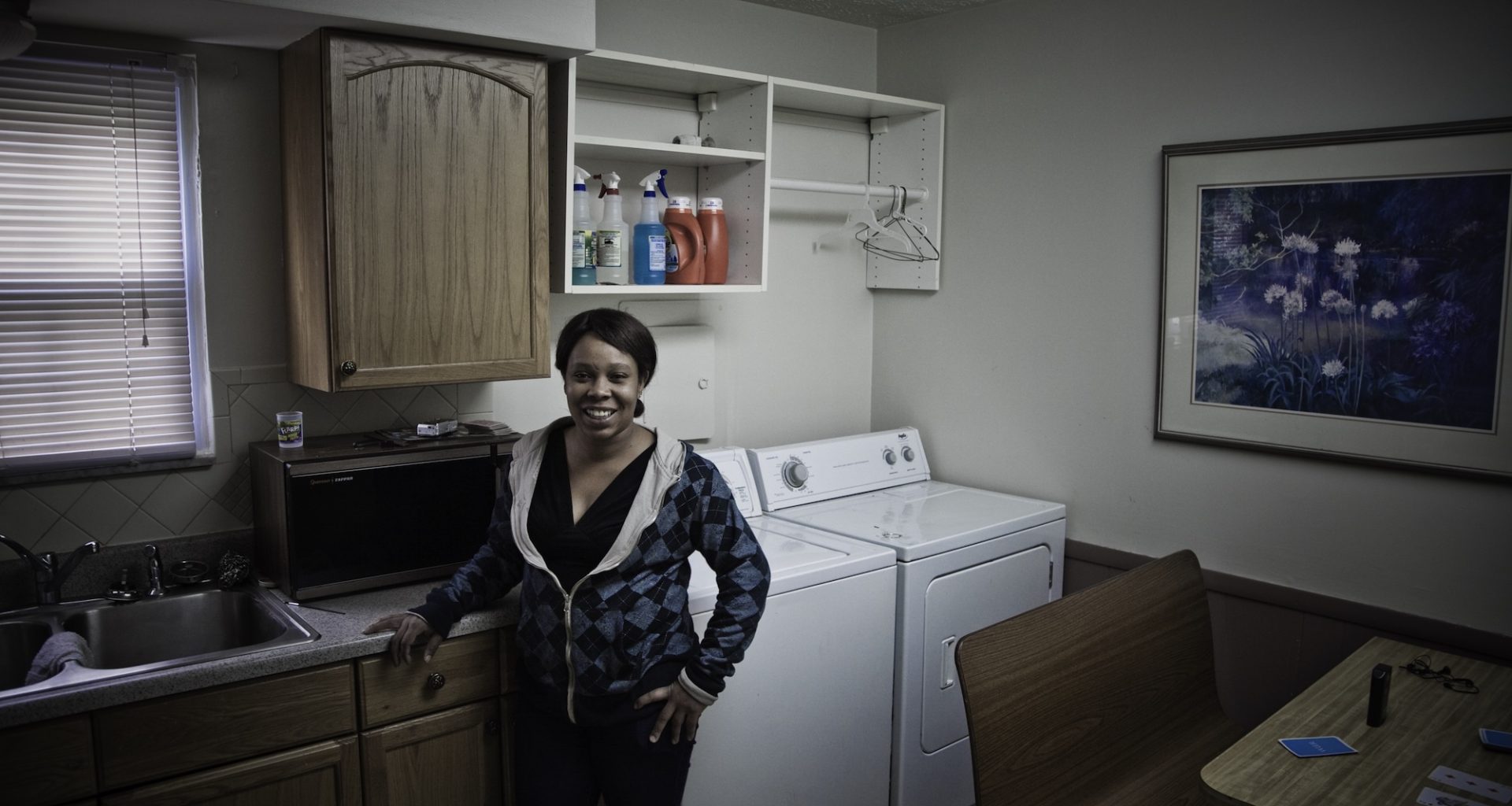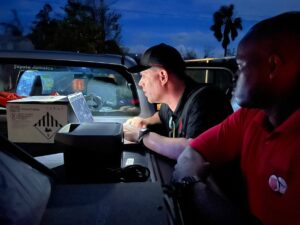Northern California’s Silicon Valley has long been synonymous with wealth, prestige and cutting-edge technology. Despite its attributes, however, the region is also home to 10,000 unhoused residents, many of whom are older, single women.
“Santa Clara County has the fourth largest homeless population in the nation, after Los Angeles, New York and Seattle,” said Chris Eichinger, regional director of philanthropy for The Salvation Army in Silicon Valley. “The area is more spread out than San Francisco, which makes it challenging for social services with regard to finding individuals in need of help or vice versa.”
Silicon Valley, which is located in Santa Clara County, has been ranked as the second highest cost of living in the U.S., according to reports from PropertyShark, which covers real estate trends.
The number of single women experiencing homelessness is also increasing yearly in the region—roughly one-third of the county’s unhoused population is female, according to the Santa Clara County 2023 Point-in-Time Report on Homelessness.
Whether due to physical or mental health challenges, substance abuse, lack of affordable housing or losing a job, “you have to meet people where they’re at and find solutions,” said The Salvation Army Silicon Valley Administrator Major Daniel Freeman. “Not everyone is homeless for the same reasons.”
Freeman works closely with Eichinger at The Salvation Army Emmanuel House, a 65-year-old sober shelter providing beds, showers, clean clothes, triage, case management, job training, financial literacy courses, Bible study and transitional housing for men in San Jose.
Thanks to a donor-funded expansion project, the shelter is gearing up to build a new, separate, secure wing with 50 beds for unhoused single women. The expansion is part of a four-phase project that will also include the creation of a new, modular Hope Village, which will provide 72 more beds—for a campus total of 182—by the end of 2026.
“You have to meet people where they’re at and find solutions.”
Major Daniel Freeman, The Salvation Army Silicon Valley Administrator
“This project will allow The Salvation Army Silicon Valley to provide even more help for what is already a far too large unhoused population in San Jose,” said Silicon Valley Advisory Board Chairman Larry Gaffaney. “Not just by expanding the facilities, but by using an approach that has been demonstrated to work: addressing both the symptoms and the underlying reasons people find themselves in these circumstances.”
Following the renovation, Emmanuel House will be the largest shelter for unhoused single women in the region, which Freeman said addresses a need—there is a significant gap in shelter beds for this population in the area.
“Historically, there are more beds for men, but single women are underserved and without a police encounter, addiction or mental health issues, or children, there are only about a dozen beds available to more than 500 single women on a nightly basis,” he said.
Sobriety and stability are the only requirements for acceptance into Emmanuel House, regardless of gender.
“You need to be able to function within this community,” he said. “If you’re drunk or high, we’ll find you alternate housing and provide transportation. When you’re sober, we can reassess your needs.”
Helping residents reintegrate from being homeless to obtaining secured housing is the primary goal at Emmanuel House. Freeman said case management helps residents develop accountability for meeting goals like job searches and enrolling in social security. The Emmanuel House staff is also adept at working through challenges and understands the circumstances clients are dealing with.
“We base our programming on the needs of the person,” Freeman said. “We’re motivated by compassion here, and not tied down to a set structure.”
At Emmanuel House, residents who have graduated to transitional housing can stay for up to two years. Freeman said 77 percent of graduates from transitional housing do not require further assistance once they’ve established permanent housing.
“Many of our residents are hardworking folks who just need a hand and want a safe, sober place to sleep,” Freeman said.
Without its 160 donors and partners, however, Emmanuel House wouldn’t be able to exist or grow. While many local donors are longtime contributors to Salvation Army programs, others are motivated by the shelter’s track record and statistics.

“The Salvation Army has been in the area for 140 years and this is proven programming,” Eichinger said. “Donors want to see where their money is going, so we share numbers and the good work we’re doing, and many of them also tour the shelter.”
While some donors wish to remain anonymous, others are actively involved with Emmanuel House and assist by distributing food, joining the advisory board or committees, or coaching clients to become financially stable and start careers.
“They want to be involved, and we value their input,” Freeman said.
Donor and Women’s Auxiliary Board President Maria Belusar said the addition of a women’s wing “demonstrates The Salvation Army’s dedication to adapting to the community’s needs, as well as providing a safe environment for those who are most vulnerable.”
Adds donor Rebeca Daley, “Emmanuel House also provides the resources for program participants to overcome the challenges they face. Healing and recovery take time.”
Do Good:
- It’s because of people like you that The Salvation Army can serve more than 27 million Americans in need each year. Your gift helps fight for good all year in your community. It’s an effort to build well-being for all of us, so together we rise—and that good starts with you. Give to spread hope with a donation of funds, goods or time today.












